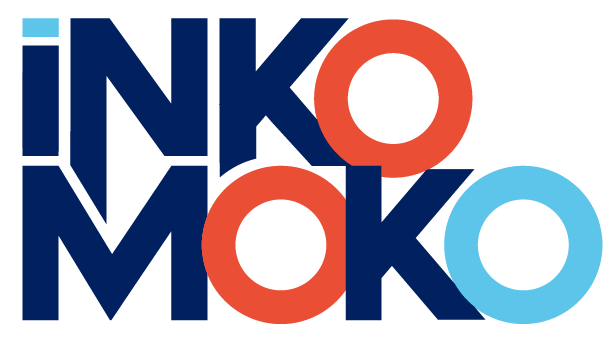Climate change has been a major challenge for livestock traders like Abdigani in Garissa, Kenya. Drought has become more frequent and intense, making it difficult for livestock traders to find enough food and water for their animals. As a result, traders like Ahmed have to keep moving in search of greener pastures, leading to conflicts among communities as they scramble for resources.
Abdigani Ahmed is a 32-year-old entrepreneur who resides in Garissa with his wife and child. He runs two businesses: one as a livestock trader, and the other as a business literacy advisor. His livestock trading venture began in 2021, and he currently keeps 30 goats. In 2022, he recognized the need to expand his business and gain more knowledge in order to have a greater impact in his community. He decided to join Inkomoko to gain more knowledge on how to run and improve his livestock business, as well as take advantage of the advisory services being offered in the local language. Abdigani believed that by accessing Inkomoko’s services in Somali language, he would be able to more effectively grow his business and through his literacy advisory business, share his knowledge with others in the community who are also involved in business.

He started his business by buying goats from local centers and selling them to traders, hotels, butchers, and anyone hosting events within Garissa. Despite the challenges he faced from the drought situation in Garissa, Ahmed’s business has been thriving. He now trades at the village and Garissa market levels, and even takes his livestock to Nairobi by lorry to fulfill orders from clients.
During drought, the region experiences a scarcity of water resources, crop failure, and livestock deaths. The lack of water can also lead to food shortages, and displacement of people and livestock. To cope with the drought, communities in Garissa typically rely on traditional coping mechanisms such as migration, diversification of income, and water harvesting.
With the support from Inkomoko through financing, Ahmed intends to purchase land and establish a farm closer to the market where he can cultivate fodder and avoid the need to continually move his livestock in search of greener pastures. Currently, he rears 30 goats and intends to grow this to 200; keep cows for milk and camels as an alternative for milk produce.
“I believe with the financial support Inkomoko will give me, I will be able to buy a big
farm close to the market and keep more livestock, grow my own fodder and increase my produce and grow my market reach.”
In addition to expanding his livestock trading business, Ahmed aspires to increase his herd of camels. Camels are highly valued in his community and owning a large number of them is a symbol of prosperity. With a thriving camel herd, Ahmed will be able to attract more customers and increase his revenue, further growing his business and contributing to the local economy. Camels are also used as bride price during wedding ceremonies, and are given to the bride’s uncle
With his sights set on expansion into the Middle East and other overseas markets, Ahmed is determined to achieve success and contribute to his community’s economic growth.
“I truly admire Inkomoko’s commitment to working with grassroots entrepreneurs. You take the time to go down to their level and provide the necessary training and mentorship required for success. What’s more impressive is your dedication to offering your services in local languages. This ensures that everyone has equal access to the resources they need, regardless of their language background.” Ahmed says.









